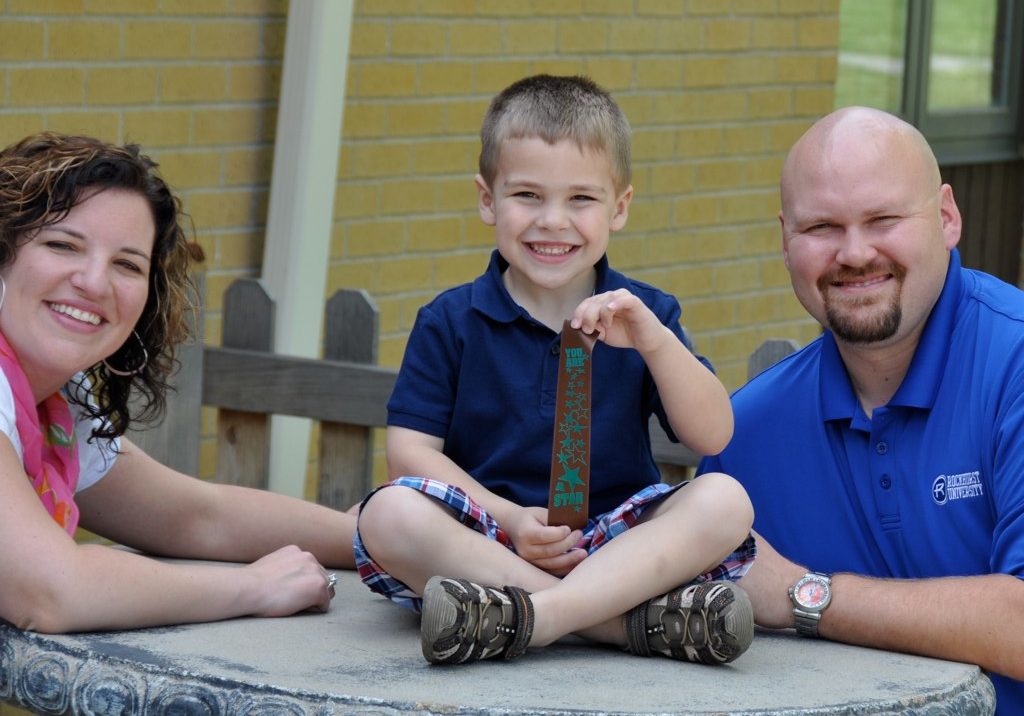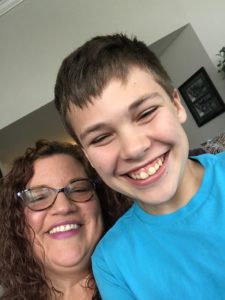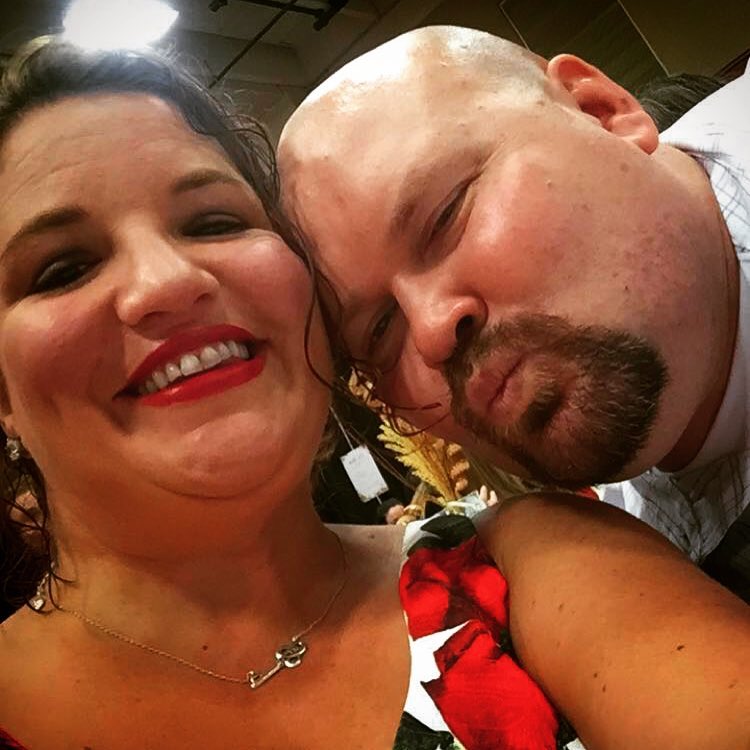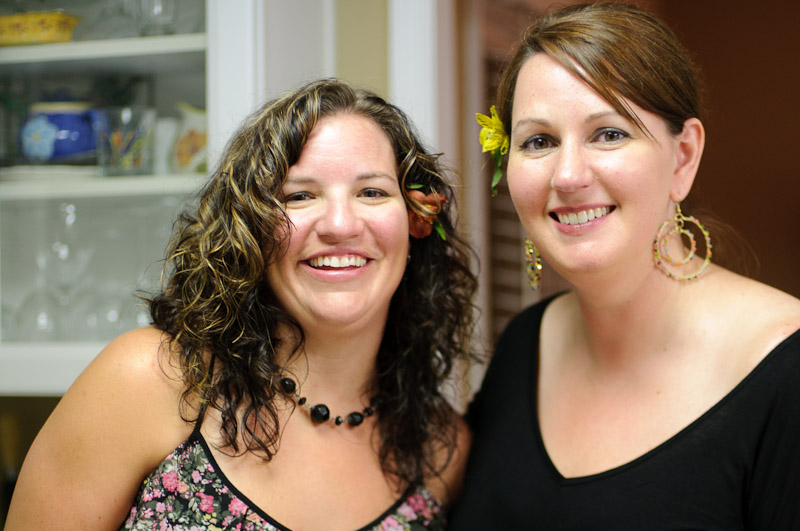Sometimes the best way to understand mental illness is to see how it affects just one person. During May, we will explore how it looks to have mental illness through the experience of Kristen, starting with her own discovery of her depression.

When we started planning for the 2017 Mental Health Awareness Month on the blog, I knew I needed to dig a little deeper into my experiences with mental illness. So I went to my journals, looking for an idea of when I realized I might have mental illness. There were a number of mentions of being depressed or upset in my journals – as there likely are in the journal of most teenage girls. But every once in awhile, something peeked through that sounded like there was something more to it. If you can ignore the melodrama of a teenage girl, you can get the occasional glimpse…
…I’ve screwed up so much lately that I might as well screw up some more. I feel miserable. I feel like shit. I guess there’s a good reason for that, though. I feel a deep depression coming on. A deep and long depression. (7/28/92)
That is a journal entry from when I was 15. People often ask me when my depression started. I don’t remember for sure, to be honest, except that I spent a good portion of my teenage years feeling pretty similar to what I’ve described here. I think I hid it well – most of the time I felt like I didn’t have a choice – I had to go to class, I had to make straight As and do the school play and be captain of the swim team and play the piano and make it into the honor society and and and… It’s not that I didn’t enjoy those things – many of them I did enjoy. But I also never felt like it was an option to let myself sink.
I Might Have Mental Illness
When I got to college, I began to be able to explain these feelings a bit better in my journal – and to others. My sophomore year of college was particularly difficult at times.
All I feel like doing any more is sleeping. I don’t want to go to class, and what’s more, I don’t care that I don’t want to go. At this point, I feel like dropping out, to be perfectly honest. But every bone in my body is fighting for my life. I cannot let this overtake me. I have to maintain some control of my life. I just don’t feel like doing anything but sleeping and crying. I know I’m depressed. I just don’t know what to do about it. (10/21/96)
At that time, there were no ads on TV for various antidepressants with their ridiculously long list of side effects (I mean seriously, have you ever really listened to all the possible side effects? No wonder people are scared to take meds for their mental illness). I didn’t know that people like me – people in the midwest state of Kansas, people who did well at school, or people who had friends – could be depressed. I assumed that, well, I don’t know what I assumed – I just didn’t think it was an option for me.
Seeking a Diagnosis
The spring of my junior year of college, however, things really came to a head.
I’m really hurting right now. This is worse than I’ve been in awhile. I hardly got out of bed yesterday. The only reason I’m up now is because I have to work. I feel so alone. I can’t tell my mom how bad I feel…D’s been a big help, but I feel like I’m worrying him too much. If I could pretend like I was fine and fool him, I would. And I just can’t tell {my other friends}. So yes, I’m lonely.
I don’t know what to do. It’s taking every ounce of strength I have to get out of bed and go to work and to class today. And it’s so hard to talk to people. I just want to stay in my room. And yesterday I finally cried. And cried. I just sobbed. I almost couldn’t stop. And when I finally did, I fell asleep out of exhaustion. I don’t know what to do. (4/8/98)
Fortunately, it was around this time that a friend of mine divulged to me that she struggled with depression and saw a therapist. For whatever reason, that conversation allowed things to finally click for me, and I made an appointment with my doctor, who put me on an antidepressant. It would be this acknowledgement of my illness, more than anything else up to this point, that would help set the course ahead for me.
Living Life with Mental Illness
Maybe it was the fact that it was our family doctor, and not a psychiatrist, that prescribed the medication that helped me start to view my depression as an illness – not as something wrong with me. Don’t get me wrong, I still occasionally get mad at myself because I have mental illness, or think I’m weak or not enough. But I have been armed with the knowledge that those thoughts are simply not accurate. And that has allowed me to come to terms with my illness in a way that I suspect many of the people with whom I interact are not used to seeing. I think it’s for that reason, more than any other, that I’ve been able to become an advocate for others who have mental illness.
Before you get to read or hear from other people talking about my mental illness and me on the blog this month, I just want to say that I appreciate those of you who have been on this journey with me so far, and I look forward to those who will join me in the future. I hope to continue stomping out stigma with all of you for a long time.






